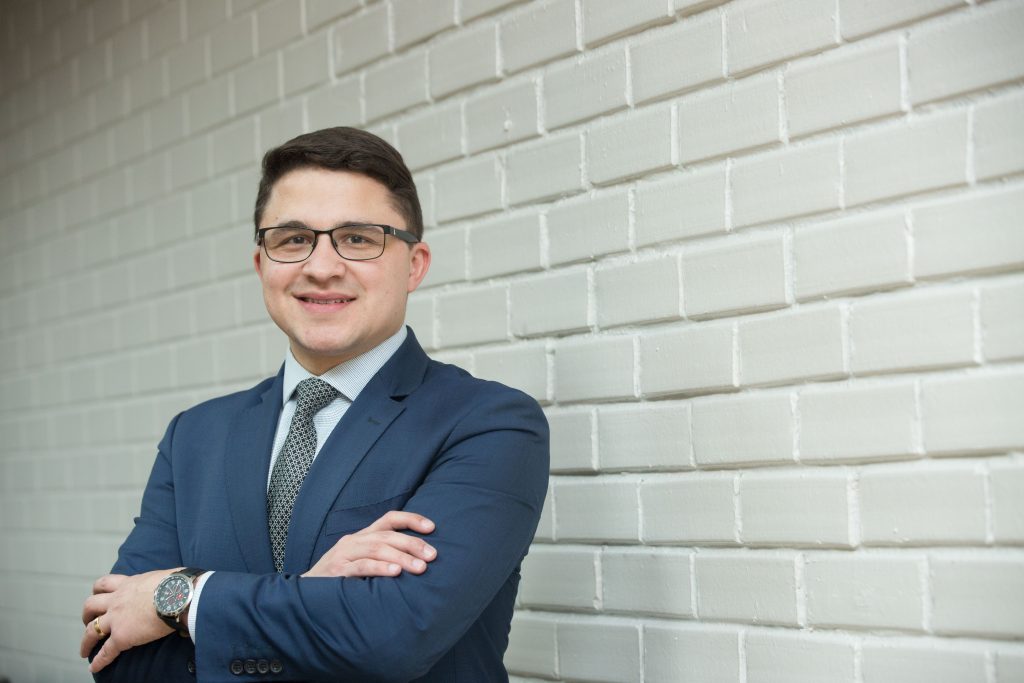São Paulo – Covid-19 is impacting imports of medical items from Arab countries to Brazil. Imports were down in the first quarter due to pandemic-related issues, including logistics, an appreciating US dollar, and slower demand for some medical services that rely on imports from Arab countries.
Q1 2020 saw USD 1 million in medical items imported to Brazil, down 42.8% from a year ago. Brazil imported product from Egypt, the UAE, Morocco and Tunisia. The numbers were supplied to ANBA by the Brazilian Association of Medical Product Importers and Distributors (Abraidi), based on data from the Brazilian Alliance for an Innovative Healthcare Industry (ABIIS).
The figures compiled by ABIIS – which Abraidi is part of – include products such as prosthetics and orthotics, disposable materials such as syringes and bandaging, medical equipment of all sizes, personal protective equipment (PPE) such as facemasks and gloves, respirators, analysis and testing products including reagents, surgical instruments, infusion pumps, etc. Medication and vaccines are not included.
Items exported to Brazil from Arab countries include surgical instruments and equipment, NG tubes, catheters and cannula, syringes, tubes and accessories, diagnostic and laboratory reagents, equipment parts and accessories, and analysis equipment. “There was a decline in non-urgent tests, which patients can take whenever they please, and they chose not to take these tests during the pandemic. Diagnostics and elective surgeries have slowed,” said Abraidi executive director Bruno Bezerra (pictured above).
Much of the product supplied by Arab countries is intended for surgeries and tests. “Covid does not necessarily require surgery,” says Bezerra. This postponing of non-urgent services has been widespread since the pandemic broke in Brazil and the world over. It has impacted not only imports to Brazil from Arab countries, but the entire healthcare industry.
Bezerra believes other factors have played into the slowdown in imports. In logistics, availability of flights has dropped. The US dollar gained significantly on Brazil’s real since the pandemic began, making imports costlier and less competitive. “There was a hike of almost 50%,” he said, referring to last week’s exchange rates.
And importing businesses and distributors had to deal with financial uncertainty, since there is no telling when testing and non-urgent surgeries will resume. Bezerra believes importers chose to allocate the resources to covering administrative costs in a bid to stay afloat, and they used whatever inventory they had instead of placing new orders. “Many won’t make it through this pandemic,” he argues.
Moreover, several countries have prohibited the export of products required in fighting Covid-19 – Brazil included –, and most suppliers have turned to their domestic markets. PPE imports have gone up, but Bezerra points out that a facemask’s value pales in comparison to, say, a knee prosthetic. “PPE imports did go up, but PPE does not come from the Middle East, it doesn’t come from the Arab countries. It comes from China,” he says.
Exports and imports
Brazil imports way more medical products than it exports. Much of the supplies are sourced from the United States, Europe, China and Japan. Exports from Brazil are more diversified, going out to United States, Europe, Latin America and the Middle East.
Health product exports from Brazil to Arab countries amounted to USD 1.2 million in Q1, down 56% year-on-year. This resulted from many of the same factors that weighed on imports. “Perhaps the Brazilian industry’s attention has shifted towards the domestic market,” says Bezerra. He believes local demand will keep going strong in the months ahead. “August, September, in a more optimistic guess. The more pessimistic one is until the end of the year,” he says.
Bezerra believes Brazilian-Arab trade in medical products is small-scale. “You have a huge growth opportunity in this market. All it takes is for Brazil to take a strategic approach to those countries, and for those countries to take a strategic approach by seeking other partners. The opportunities are enormous.”
Local production
Bezerra believes that in the wake of the pandemic, countries will strive for increased self-sufficiency in health products. Countries with strong research, technology and resources will have the edge. Arab countries, he notes, have oil resources, but they will need to pick what healthcare industry niches they will work on. “Making strategic investments in this industry for a small market is not worthwhile. It is best to expand into foreign trade, to build trade relations, to seek new and more advantageous partners,” he suggests.
In Brazil, discussions regarding healthcare industry development are already underway. The issue was raised by former Health minister Luiz Henrique Mandetta, who would argue that the country must rethink its diagnostic industry so as to become less dependent on China or any other country. According to Bezerra, the debate on incentives to industry innovation is going on at the Chamber of Deputies, including regulatory issues.
Abraidi
Abraidi represents 280 affiliate companies – mostly health product distributors and importers – and some manufacturers. ABIIS is an alliance comprising multiple industry associations. Its purpose is to discuss and advance shared agendas. Besides being the executive director with Abraidi, Bruno Bezerra is the 1st vice president at ABIIS.
Translated by Gabriel Pomerancblum




